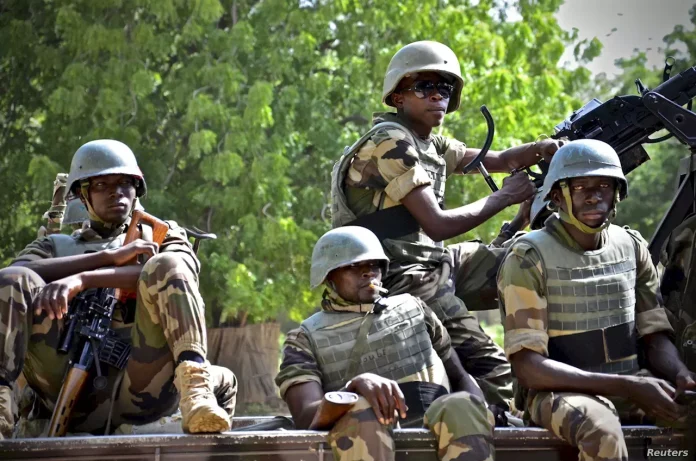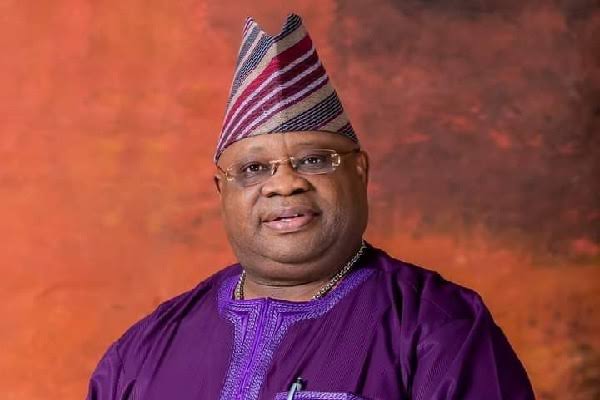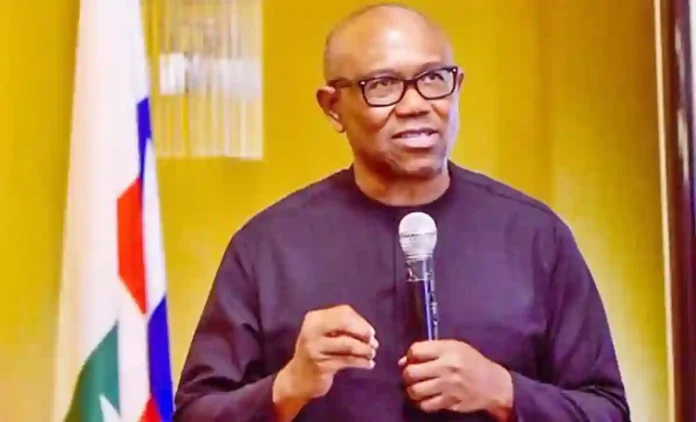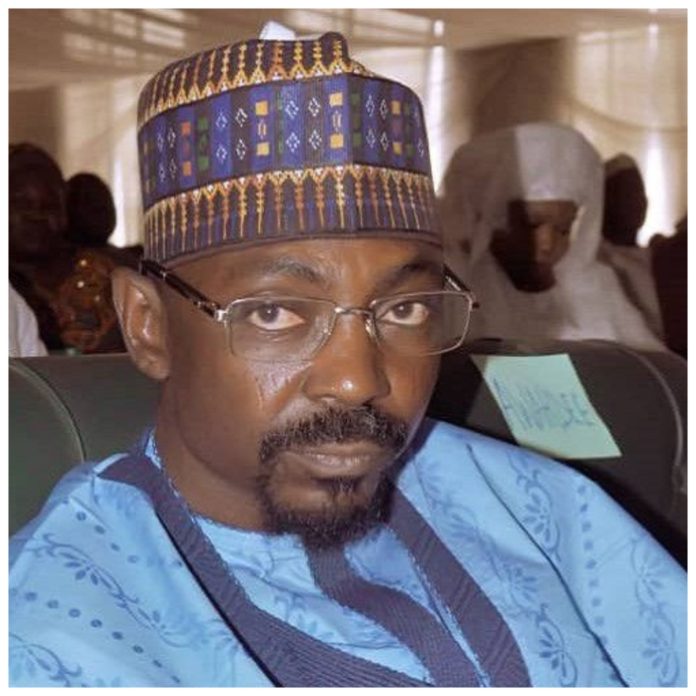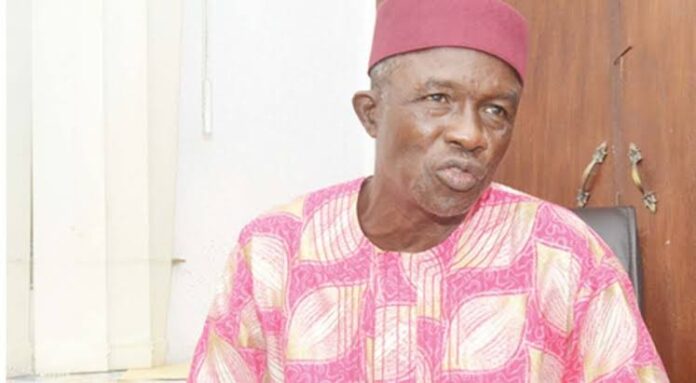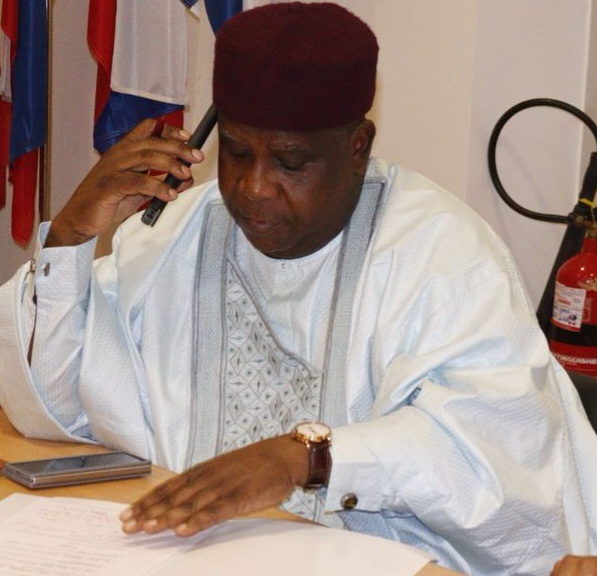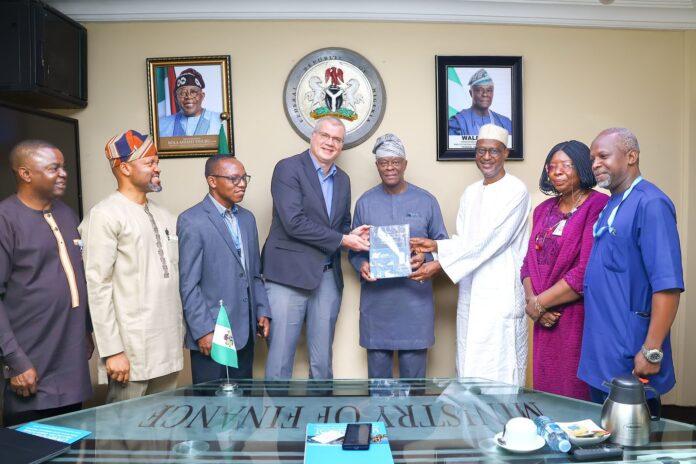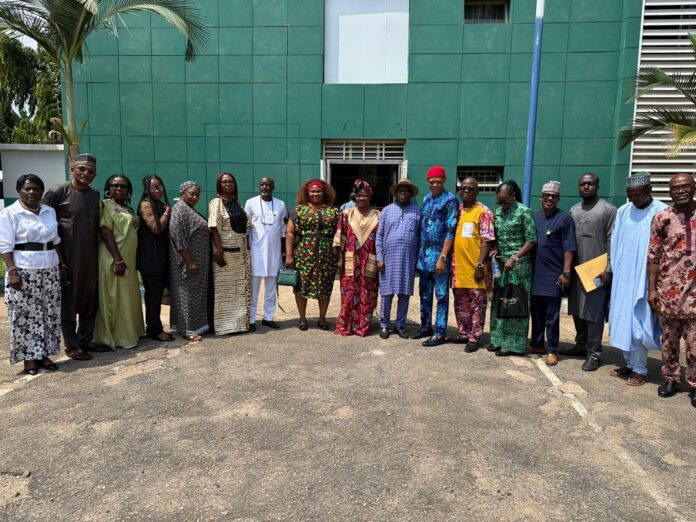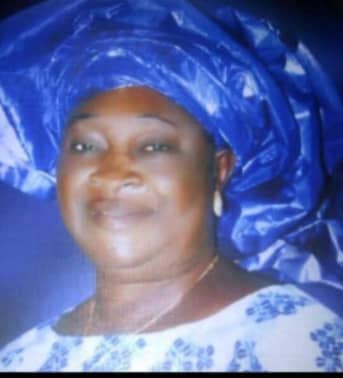By Onah Lawrence
Although, I have a presidential candidate I support, Omoyele Sowore and continue to stand by his vision and ideology, the realities on the ground in Nigeria suggest that his chances in 2027 may be minimal. This is not because he lacks ideas or conviction, but because the Nigerian people today are deeply gripped by what many now call the “Obi fever”. Peter Obi, former governor of Anambra State and Labour Party presidential candidate in 2023, has become something more than just a politician; he has become a vessel for collective frustration, a symbol of integrity, and the face of the ordinary people’s hope for real change.
Despite the All Progressives Congress ,APC, having won governorship seats and retained a firm grip on power structures across the country, the mood in the land is shifting. While political elites may boast of securing key endorsements and consolidating power among the so-called “big wigs” the hearts of the Nigerian people remain largely untouched by their efforts. What this means is that the 2027 elections may not simply be another contest between political parties, but rather between the ruling establishment and the Nigerian people themselves—who are increasingly restless, increasingly united, and increasingly vocal.
Obi’s appeal lies not only in his policies, but in his character. He speaks with the clarity of someone who is not desperate to be liked by the elite but driven by a desire to serve. During his time as governor of Anambra, he was widely praised for fiscal prudence, reduced government waste, and investment in education and health sectors. Unlike many in the political class, Obi does not carry the usual baggage of corruption allegations or excessive flamboyance. His modest lifestyle, data-driven approach, and ability to connect with the masses especially the youth make him stand out in a political space often plagued by arrogance and impunity.
Over 60% of Nigeria’s population is under the age of 30. This youth demographic, once largely disengaged from the electoral process, is now rising in political consciousness. The 2023 elections were a turning point. Despite documented instances of voter suppression, violence, and logistical failures, young Nigerians came out in large numbers, driven largely by the “Obidient” movement. That movement has not died. In fact, it is evolving. It is organizing. It is preparing. And with more digital tools, civic awareness campaigns, and shared economic hardship, the young electorate may become the decisive force in 2027.
Furthermore, Peter Obi enjoys strong support from the Nigerian diaspora. These are citizens who, while living abroad, remain emotionally and economically tied to the country. In 2023 alone, Nigerians in the diaspora sent back over $20 billion in remittances—money that often supports families, small businesses, and local economies. But beyond financial support, this group has proven effective at shaping discourse, amplifying voices, and challenging misinformation through digital platforms. Many are prepared to go beyond commentary and contribute actively to the political awakening at home.
What the APC and other political players must not underestimate is the deepening disenchantment in the country. Today, feeding a family has become a luxury. Transportation costs are rising. Electricity remains unreliable. The removal of fuel subsidies, while economically rational on paper, was implemented without a solid palliative structure, leaving many Nigerians angry and overburdened. The cost of food, rent, healthcare, and education has skyrocketed. With every passing day, more citizens are pushed below the poverty line. It is this hardship not campaign slogans that is shaping the political will of the people.
It is often said in Nigeria that elections are won not by votes but by “structure”. This euphemism refers to networks of influence, money, and the ability to manipulate outcomes through collusion and sometimes outright rigging. But there is a limit to how long a people can be rigged out of their future. A popular Nigerian proverb says, “One day, one day, monkey go go market, e no go return”. The monkey, in this case, represents a system that has continually taken the people for granted. The market is the ballot box. And 2027 may well be the year the people decide to slam the door shut on the politics of deception and recycled failure.
The political elite might still believe they understand the Nigerian people. But what they fail to see is that the Nigerian people are beginning to understand themselves. They are learning that their voices matter. That unity across tribe, religion, and region is not a utopian dream, but a survival strategy. And in Peter Obi, many see a leader who listens, who reflects their frustrations, and who appears ready to govern with conscience.
If I were in APC, I would be more concerned about the people than the usual circle of loyalists and contractors. The next election might not be won with old formulas. What worked before may no longer hold. The people have been pushed to the wall, and when people realize they have nothing left to lose, they fight not just with ballots, but with belief. That belief, at this moment, seems firmly planted in one man Peter Obi.
He is not perfect, but in a system where perfection is rare, his credibility, humility, and message of hope stand tall. And in 2027, that might just be enough.


